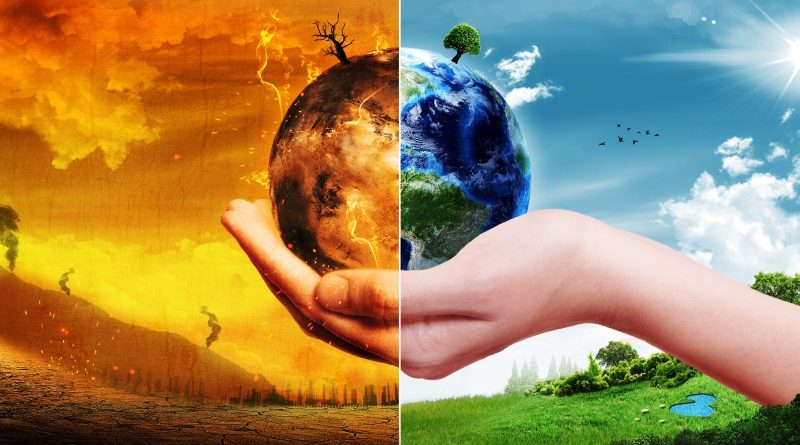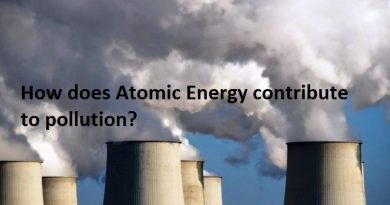What is Global Warming? Causes, Effects, Mitigation Strategies.
Introduction of Global Warming
Global warming is the gradual increase in the average temperature of the Earth’s atmosphere, primarily caused by human activities such as burning fossil fuels and deforestation. The Earth’s temperature has increased by approximately 1.1°C since the late 19th century, and the rate of warming has accelerated in recent decades. This phenomenon has significant implications for the planet and its inhabitants, including more frequent and severe weather events, rising sea levels, and threats to biodiversity.
Causes of Global Warming:
The primary cause of global warming is the release of greenhouse gases into the atmosphere, primarily carbon dioxide (CO2), methane (CH4), and nitrous oxide (N2O). These gases trap heat from the sun in the Earth’s atmosphere, leading to an increase in global temperatures. The main sources of these greenhouse gases are human activities such as burning fossil fuels for energy, deforestation, and agriculture.
Burning fossil fuels such as coal, oil, and natural gas releases large amounts of CO2 into the atmosphere. The transportation sector is a significant contributor to greenhouse gas emissions, with cars, trucks, and airplanes being the primary sources. Deforestation and agriculture also release greenhouse gases, as trees absorb CO2 from the atmosphere and store it in their trunks and branches. When forests are cleared, the CO2 is released back into the atmosphere. Agriculture is another significant source of greenhouse gas emissions, primarily from livestock production and the use of fertilizers.
Effects of Global Warming:
Global warming has a range of effects on the planet and its inhabitants. One of the most significant impacts is on weather patterns, with more frequent and severe weather events such as hurricanes, floods, and droughts. Rising sea levels are also a significant concern, as warmer temperatures cause glaciers and ice caps to melt, leading to a rise in sea levels. This could result in coastal flooding and the displacement of millions of people.
Global warming also has significant implications for ecosystems and biodiversity. Changes in temperature and precipitation patterns can alter the habitat and range of species, leading to species loss and extinction. The ocean is also impacted by global warming, with warming temperatures leading to coral bleaching and the loss of marine ecosystems.
Mitigation Strategies:
There are several strategies for mitigating the effects of global warming. One of the most significant is to reduce greenhouse gas emissions, primarily by transitioning to renewable energy sources such as wind, solar, and hydropower. Energy efficiency measures, such as improving building insulation and upgrading appliances, can also reduce energy consumption and emissions.
Reducing deforestation and promoting reforestation can also help to mitigate the effects of global warming by removing CO2 from the atmosphere. Carbon capture and storage technologies can capture CO2 emissions from power plants and industrial processes and store them underground. Agricultural practices can also be modified to reduce emissions, such as using less fertilizer and adopting more sustainable farming practices.
Adaptation Strategies:
In addition to mitigation strategies, adaptation measures are also necessary to address the effects of global warming that are already occurring or are likely to occur in the future. Adaptation measures may include building sea walls to protect coastal areas from flooding, developing drought-resistant crops, and modifying infrastructure to withstand extreme weather events.
Adaptation strategies also include addressing the social and economic impacts of global warming. Vulnerable populations, such as low-income communities and indigenous peoples, are likely to be disproportionately impacted by global warming. Adaptation measures must consider the needs of these populations and address issues such as food security, access to healthcare, and economic opportunities.
Conclusion: Global warming is a significant challenge facing the planet, and urgent action is needed to mitigate its effects and adapt to the changes that are already occurring. While there are many strategies for addressing global warming, it will require a coordinated effort by governments, businesses, and individuals to make a meaningful impact.




